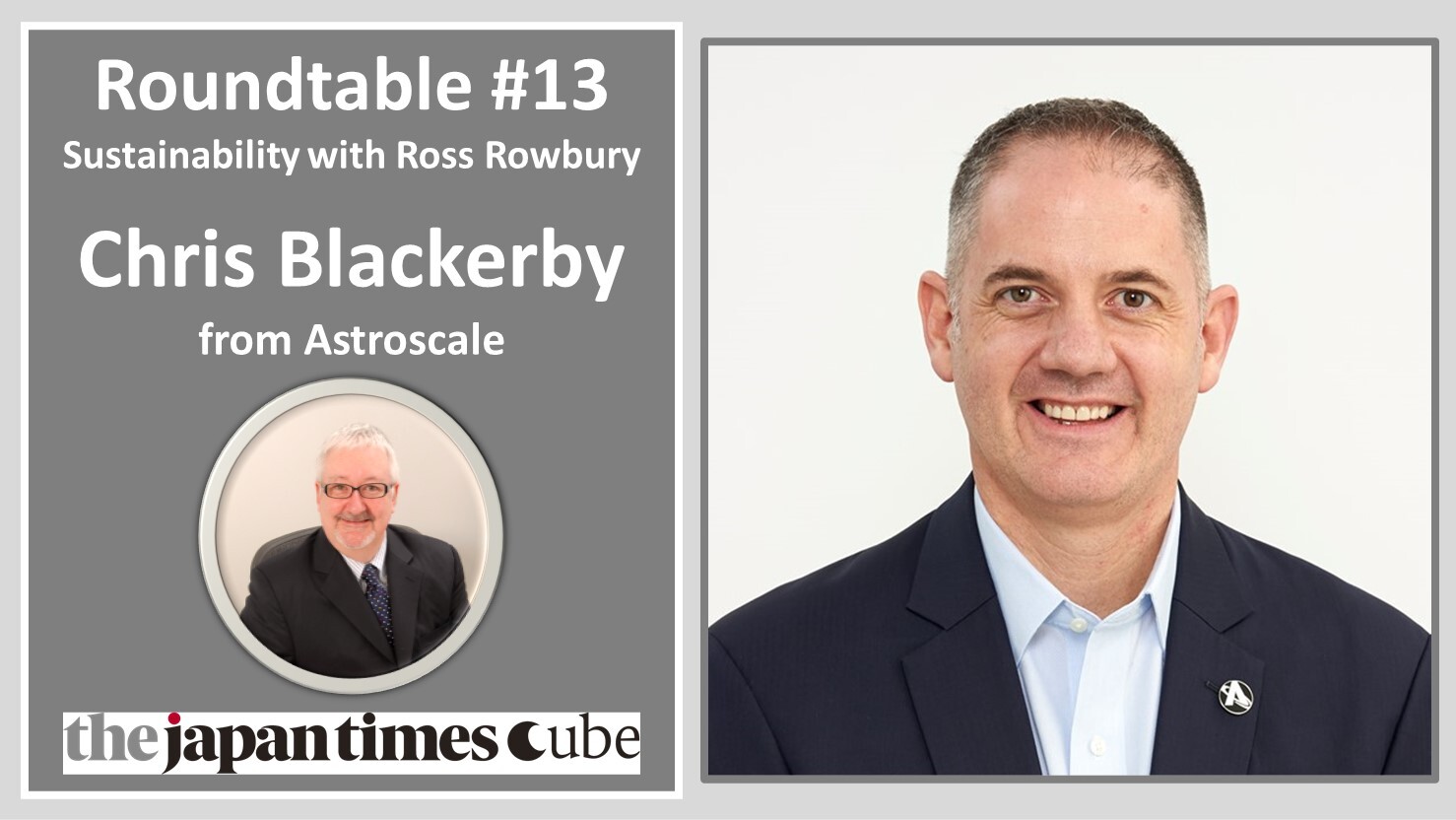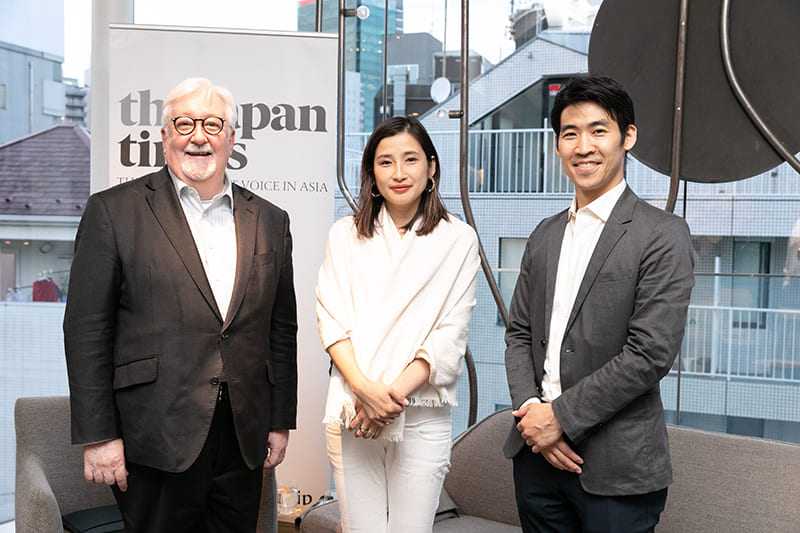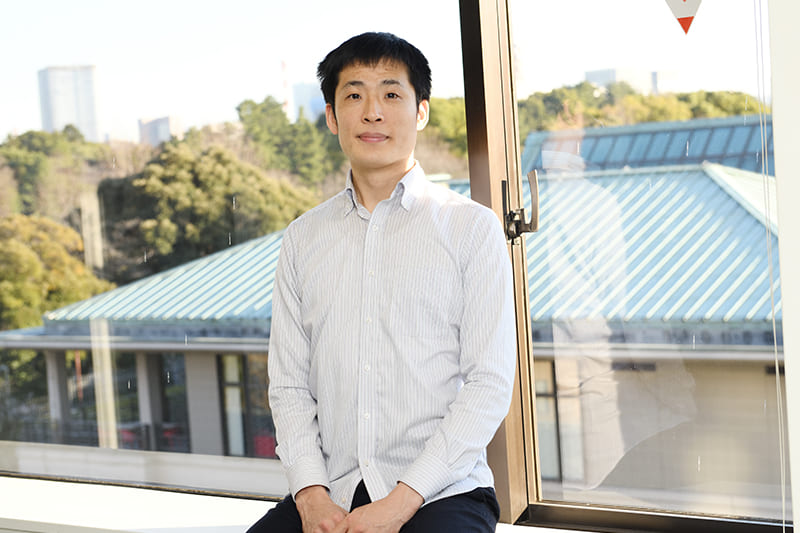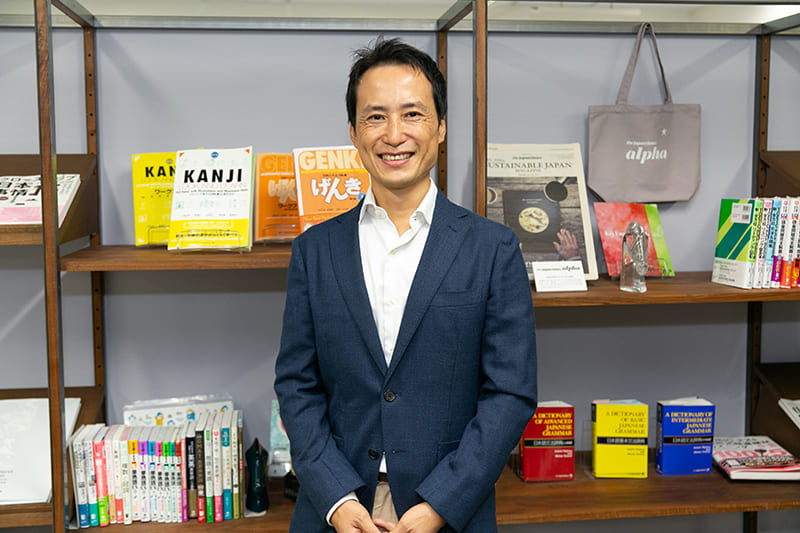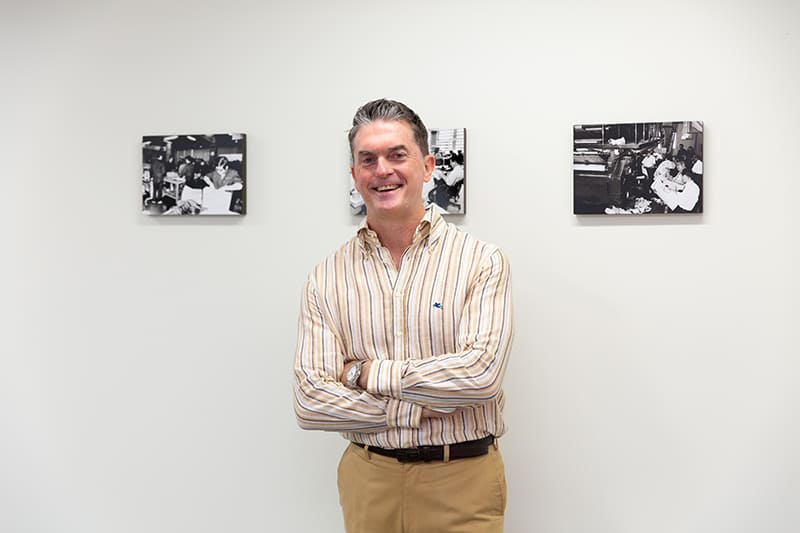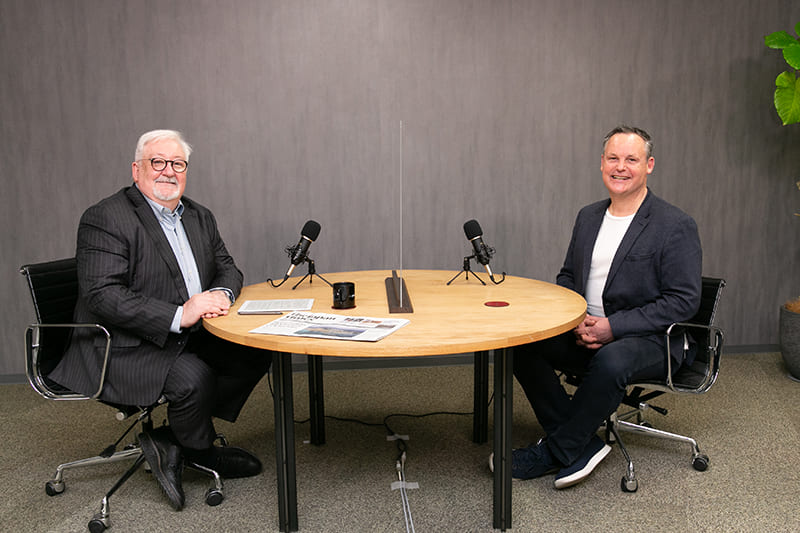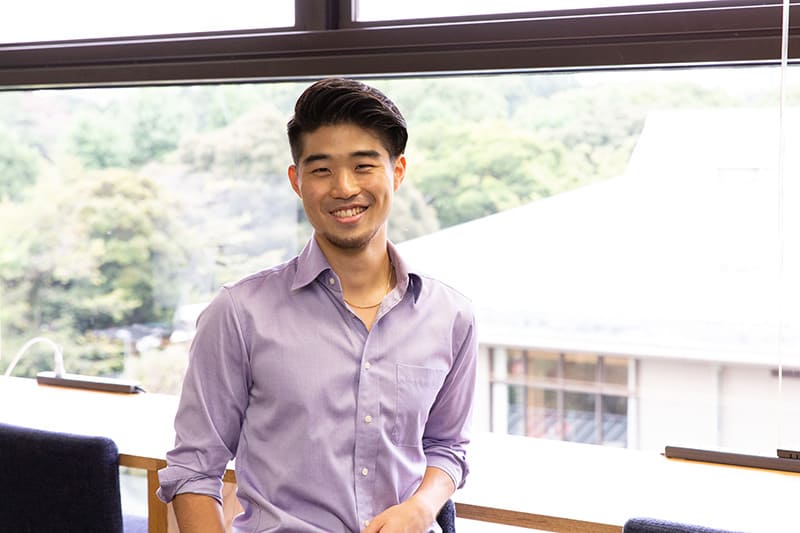November 19, 2021
Green frontiers: The sustainability mission in space
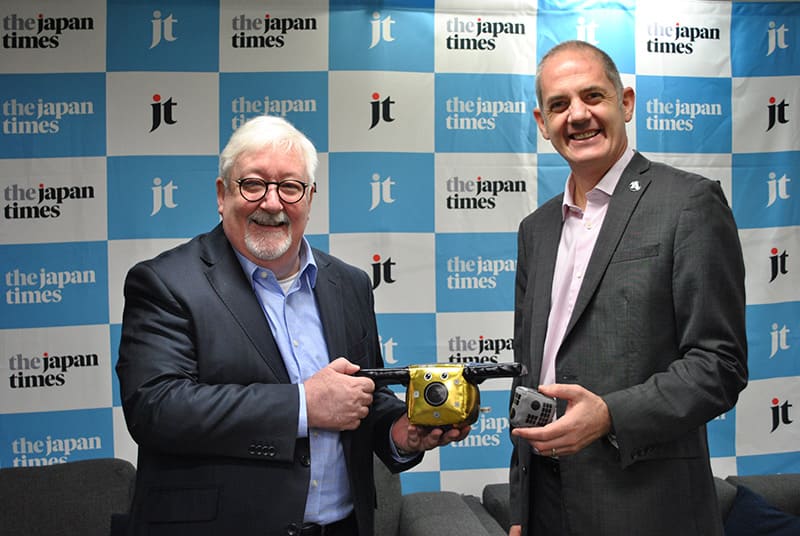
An earnest, 40-something executive leans forward, speaking into the tabletop microphone. The camera catches the flash in his eyes as he poses this era’s most popular question: “How can we change? How can we move away from a society where we use it once, or use it for a short period of time, and then throw it away? To one where we service it and extend its life, or repair it?” His question is often asked about plastic, in the hope of cleaning up our oceans. But Chris Blackerby is talking about something different. He is talking about satellites. To save the Earth, he is trying to clean up space.
The Japan Times Sustainability Roundtable, hosted by Ross Rowbury, is an English-language interview series with some of the most interesting people in Japan. Available on the Sustainable Japan site as well as its YouTube channel, this past year it has featured many guests, like a U.N.-trained ocean activist, a green finance consultant and an architect carefully documenting Japan’s ecological past. In each hourlong episode, Rowbury delights in learning the details of their efforts and their personal stories. The series showcases sustainability in all its many forms, and how those who practice it are making the world a better place.
Startup Astroscale takes off
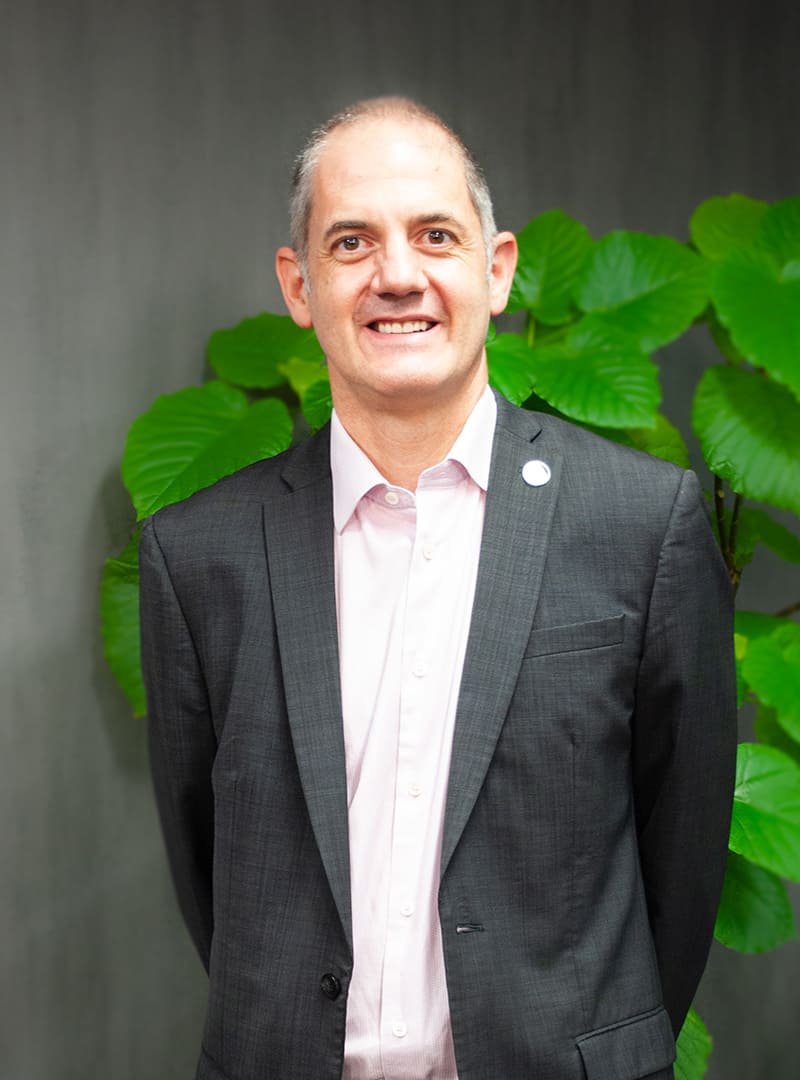
The October guest took the conversation higher. Blackerby is the group chief operating officer of Astroscale, a Japanese company that seeks to secure the safe and sustainable development of space itself. With offices in Tokyo, Harwell Oxfordshire, Denver, Tel Aviv and Washington, Astroscale is a privately held business that has (pardon the metaphor) achieved orbit. It operates on a global scale to develop technologies, influence policies and, as Blackerby explained, “keep the highways of space clean and safe.” And while the mission itself is unexpected, the details of their efforts and the seriousness of the challenge are even more surprising.
Rowbury and Blackerby helped frame the conversation by revealing some facts: High above our heads, moving between six to eight times the speed of a bullet, are many, many objects. Some are incredibly precious to us; others are incredibly dangerous. Today there are roughly 3,000 active satellites, ranging in size from a toaster to a small car. They enable all of modern society’s critical functions, such as food production, travel and medicine.
As important as they are, these fragile linchpins of our lives are in constant danger. They travel within a rapidly growing sea of orbital debris. For starters, there are the 5,000 inactive satellites circling the Earth in different orbits and at different speeds. Around these bigger objects are over 30,000 pieces of space debris larger than a baseball. And objects smaller than 10 centimeters — a metal screw, or a flake of paint — are estimated to number 10 million. Blackerby explained that the consequences of these numbers could be grave. “One dead satellite gets hit, or collides with another … and instantly, that’s a thousand more threats out there. And once those objects fan out, across their orbit, how many more collisions would follow? See, the problem quickly becomes exponential.”
Don’t litter … in space
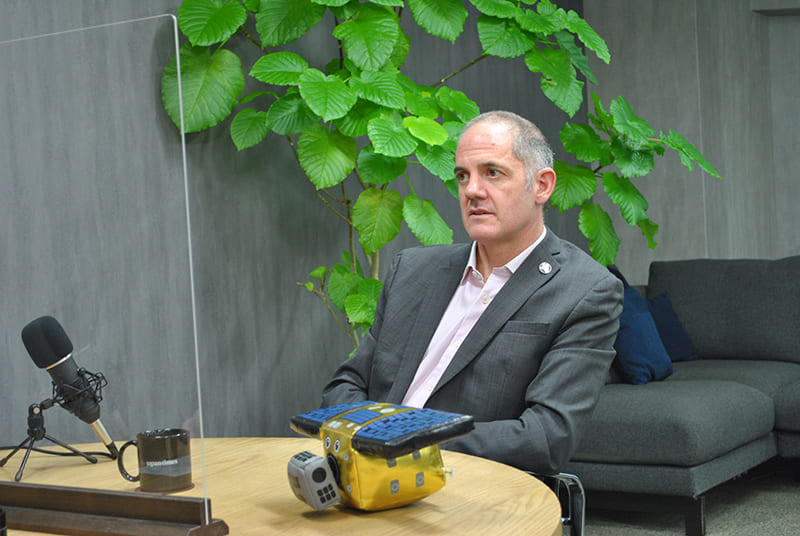
For a long time, such debris wasn’t seen as a problem. “Even within the few orbital bands that we use, there is of course still a lot of space between these objects,” Blackerby said. “But not caring … that was the same logic we once used for oceans. As in, ‘Stick a piece of plastic in there, no problem, right?’ Now there’s a shift to see our orbital highways as natural resources, places which need to be kept clean and safe. Unfortunately cleaning them up won’t be easy.” For once during the conversation, Blackerby’s energy dimmed as he considered the problem.
It is in these efforts that Astroscale shines. “For us, it’s about ‘prepare, remove and repair,’” Blackerby said. “’Prepare’ is about building satellites with the capacity to be easily removed. ‘Remove’ is about taking the debris out — like the many 2- or 3-ton rocket bodies just floating around in upper orbit. And then finally there is ‘repair’ — the refueling, maintaining and altitude control of existing and functioning satellites.” Astroscale treats each of these three missions as a separate business, with engineers, policy analysts and software all built to overcome challenges and service different clients.
Introducing ‘space Roomba’
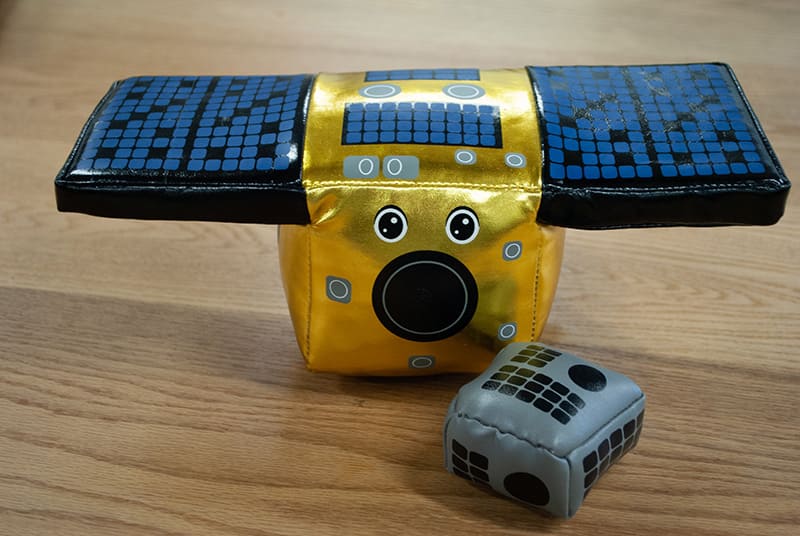
To bring their efforts to life, Blackerby brought along a sidekick to the Roundtable: a small model of Astroscale’s first satellite, named ELSA-d. This small cleanup satellite was built in Kinshicho (“It’s the Cape Canaveral of Tokyo,” exclaimed a delighted Rowbury), then carried to space on a rocket launched in Kazakhstan. In August, ELSA-d passed the first of a series of increasingly difficult tests: It caught its first debris — or, more specifically, it played catch with one piece.
Blackerby explained that ELSA-d was launched with a piece of test debris attached to its side. The test debris has a small magnetic docking plate, the kind that Astroscale and many other companies now advocate all satellites be launched with. In August ELSA-d’s robot arm let go of the test debris, then found it and secured it using the plate. The next tests will see ELSA-d releasing the debris for longer periods, spinning it and completing other types of maneuvers. Each test will prove how soon an army of ELSA-d satellites might autonomously clear the mistakes of past generations from our orbital space.

The conversation with Blackerby ranged across many subjects, from the politics of space to the constellations of tiny satellites now being launched by corporations like SpaceX. Since this single article cannot cover it all, those interested should watch the hourlong episode. You will learn how sustainability principles are urgently needed in the most unlikely places, and how one Japanese company in a Tokyo suburb is making a difference that could one day affect us all.
Towards the end of the conversation, Blackerby spoke about the challenges ahead. “On Earth, there are shared resources, there are national borders. Space doesn’t have that! In lower orbit, every 90 minutes the objects are circulating the Earth. What we need is government and industry, jointly solving the problem. On the positive side, a lot of governments are recognizing this. But on the negative side, there are so many groups studying, advising and being involved. We now have people around the world focused solely on the policy side of this issue.” Rowbury exclaimed that the many challenges of Astroscale seemed rather complex. His COO guest, still boyish in his energy, raised his hands and laughed. “That’s right! It’s technology, it’s economics, it’s policy. It’s all interconnected. That’s what makes my job so fun!”

